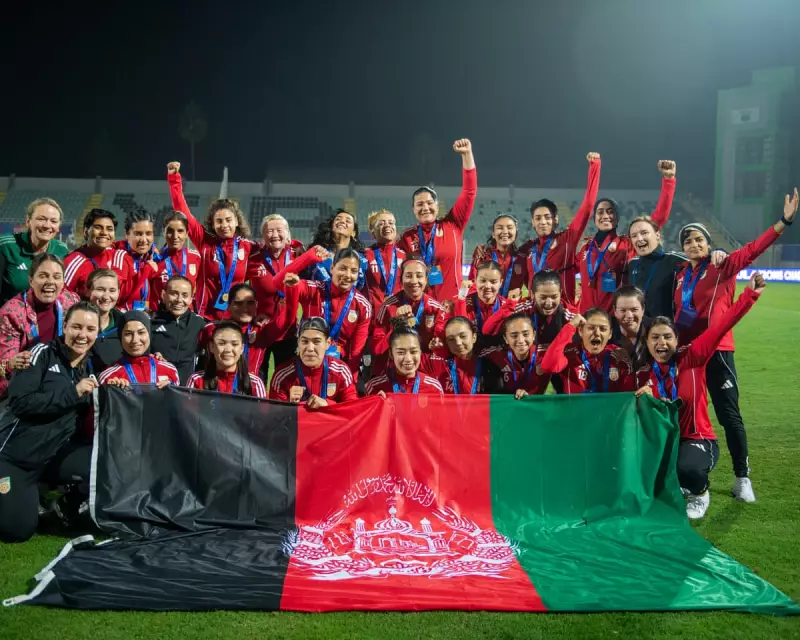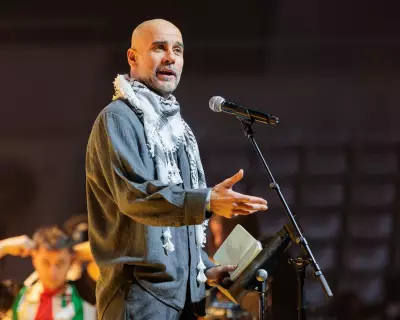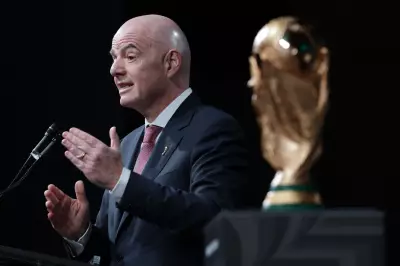
For the players of Afghan Women United, stepping onto the football pitch represents far more than just a game. It is an emotional release, a powerful act of defiance, and a vital coping mechanism for dealing with the profound trauma of being forced to flee their homeland.
A Fire Lit on the Pitch
Captain Fatima Haidari describes the transformative power of the sport. "When I step on to the pitch everything else is automatically erased from my mind," she explains. "I train, I play, and a fire inside me is lit, not just because of the power that I feel at that moment as a player, but because I feel I have many other girls with me."
The team, comprised of players scattered across the globe in countries including Portugal, Australia, England, and Italy following the Taliban takeover in 2021, recently made its historic debut. They competed in the inaugural FIFA Unites: Women's Series, a four-team tournament held in Morocco after a last-minute venue change from the UAE due to visa issues.
This initiative is part of a three-pillar FIFA strategy to support Afghan women and girls, which includes aiding those still in Afghanistan, diplomatic advocacy for women's sports rights, and providing opportunities for exiled players.
Emotional Debut in Morocco
On Sunday, 26 October, the team finally took to the pitch at the Stade Municipal de Berrechid, near Casablanca. For those who have followed their harrowing journey—escaping oppression, surviving abuses within the former football federation, and navigating life as refugees—the moment was intensely emotional.
Khalida Popal, the founder of the original national team, was in the stands. "Everything felt unreal," she recalled. "I was having flashbacks, my mind switching between the new generation standing there in front of me, tall and loud and proud, and the first women's national team to play for Afghanistan."
The team's first match was against Chad, and in a moment of pure sporting drama, Australia-based forward Manozh Noori scored from the penalty spot in the fourth minute, putting the new team ahead. While they ultimately lost that match 6-1 and a subsequent game 4-0 to Tunisia, they secured a stunning 7-0 victory over Libya, with Captain Haidari scoring the final goal.
Football as a Tool for Healing and Advocacy
For these athletes, the results carried a significance beyond the scoreline. "We believed that we mattered and that we would be able to show the world who we are, as women who come from a country where women are now nothing," Haidari stated.
The project places a strong emphasis on providing a professional environment and robust safeguarding for players who have endured so much. Dame Sarai-Paea Bareman, FIFA's chief women's football officer, called the tournament a career highlight. "One of the driving motivators of this entire project was helping give these women their voices back," she said.
Haidari's personal story mirrors the resilience of the entire team. After a difficult evacuation from Afghanistan that left her with nightmares, she made a conscious decision to rebuild her life in Italy. "I want to be an example of not giving up, of perseverance," she affirmed.
Her message to the women and girls still in Afghanistan is one of unwavering hope: "Never lose your hope and never give up. For as long as this team exists and beyond, we will keep fighting for you and your freedom."





